TORONTO, CANADA. MAY 9, 12, 2019. “Birdhop” started quite a while ago, as the “culture” (and especially music) companion of a much more political website.
It had some time online as “BIRDHOP — Rediscovering Modern Jazz, 1940–1970.” But then in a more general technological update, it was cast adrift as the political preoccupations of the companion site seemed to grow more urgent.
Now, when the urge to escape from what increasingly seem like potential new political dark times ahead (maybe) finds itself combining with our increasing age, we (or should it just be I?) aspire to some fresh, new cut at Birdhop. (Possibly with half a political edge, but gently, lightly? Too much of politics today is just too mean-spirited.)
This view of democracy in North America 2019 aspires to somehow fit at least part of the very broad view bequeathed by the late great Charlie Parker, whose nickname was “Bird” — and to whom Birdhop is meant as some kind of tribute, in the age of hip hop and all that … and far beyond.
The end of it all may be yet another imperfect set of notes on the Charles Parker Jr who was born in Kansas City in 1920 and died in New York in 1955.
And this raises the question : why is Charlie Parker so interesting in 2019, even if you are not deeply into either the alto saxophone or the story of modern jazz?
The shortest answer, I think, is just that Charlie Parker (1920–1955) is at least one of the great antidotes modern American culture has, to the at once destructive and retrogressive fake political philosophy of Donald Trump — who apparently to his own as much as many others’ astonishment is now serving as President of the USA today.
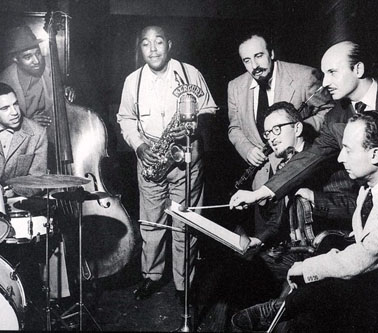
(In a Canadian province that elected a somewhat Trumpian government with just over 40% of the popular vote last June we also know first hand that the more general problem is not confined to US geography. And see : “Canada Is Going Conservative.” Justin Trudeau’s Liberals may just manage a minority government in this year’s October 21 Canadian federal election, or worse.)
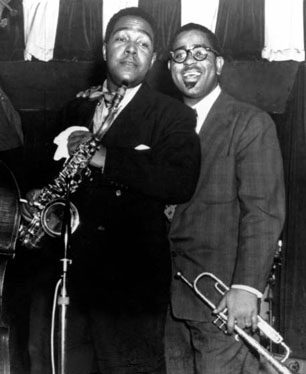
One sign of Charlie Parker’s unique cultural power (still largely unappreciated in most versions of mainstream media America?) is that the iconic hard-edged conservative Clint Eastwood (“I tried being reasonable, but I didn’t like it”) felt driven to make a Hollywood biography of Parker in the 1988 movie, “Bird.”
Eastwood himself has been a critic of Obama and a supporter of Trump. And the view of Charlie Parker offered in “Bird”, while respectful in some ways, is too negatively focused on the struggling side of a musical genius addicted to heroin since the age of 15. It underplays Parker’s great artistic and intellectual confidence and warm democratic humanity.

Yet if Clint Eastwood was uncomfortable with Barack Obama as an American president, “Bird” at least shows how one iconic conservative supporter of the present-day US Republican party does understand that the unique and inevitably tormented but also buoyant African American experience has made an authentic and unmistakable contribution to American democratic culture in its broadest sense.

Clint Eastwood would no doubt not see the “Yardbird Suite” brilliant short life of Charlie Parker from 1920 to 1955 as one ultimate antidote to and even salvation from the hopefully even much, much shorter presidency of Donald Trump, and all its deeper complexities. That understanding may have been pioneered by Jack Kerouac (from a French Canadian family in Lowell, Massachusetts ) in his 1957 novel, On the Road. It is in any case a key article of faith for this aspiring fresh, new cut at a Birdhop website today — as what subsequently appears in this space will at least try to illuminate, over the more immediate future that hopefully lies not too darkly ahead.
MORE TO COME …

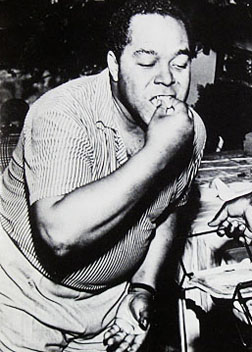
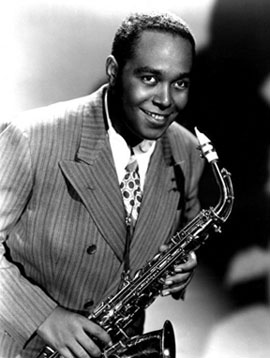
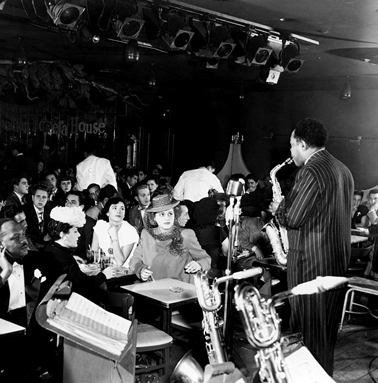
Recent Comments